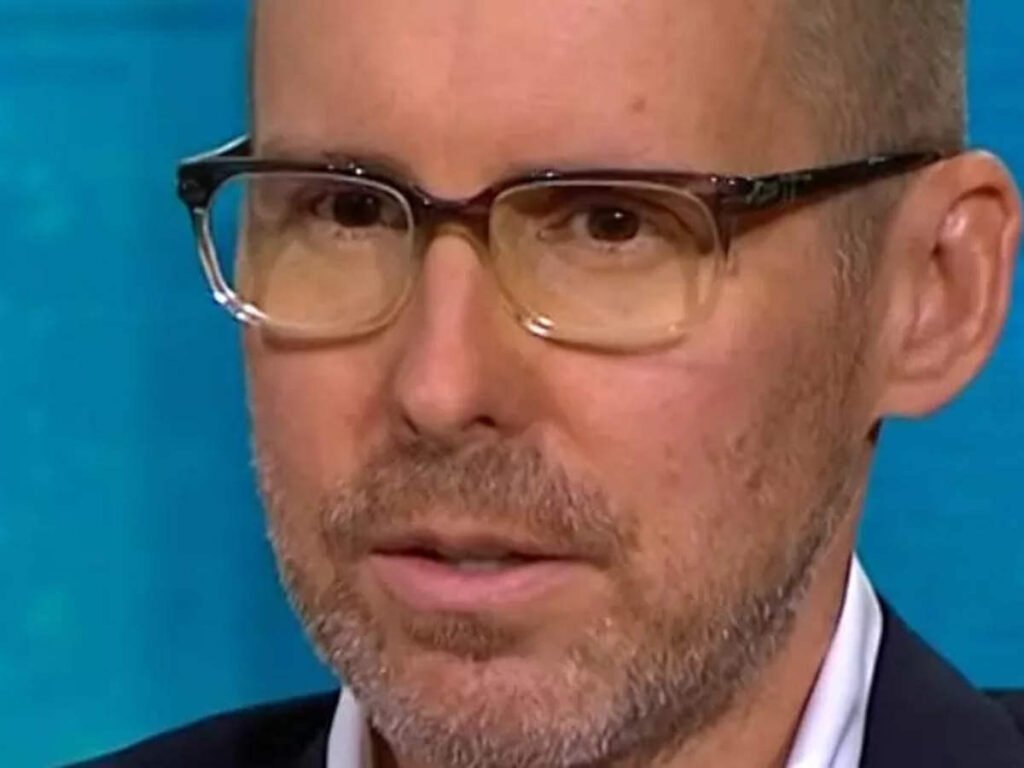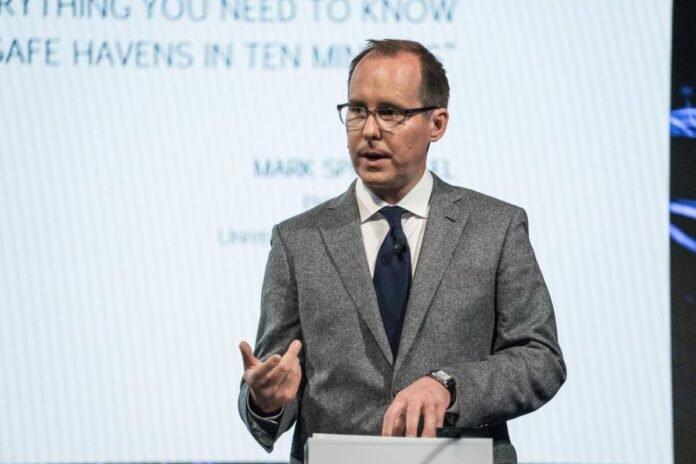Mark Spitznagel, the visionary behind the “Black Swan” fund, is sounding the alarm on what he deems the most substantial debt bubble in human history. In a recent interview with Yahoo Finance, he not only raised concerns about the enormity of the debt bubble but also criticized the Federal Reserve’s attempts to stabilize markets and prevent recessions, suggesting they may lead to a more severe disaster in the future.
As the founder and chief of Universa Investments, specializing in protection against extreme and unpredictable market risks, Spitznagel challenges the perception of Treasuries as a secure haven asset. He urges investors to reconsider the role of portfolio diversification, emphasizing that it can potentially do more harm than good.

Here are Spitznagel’s key insights, condensed for clarity:
- “We are in the biggest credit bubble in human history. I don’t think that should be a controversial statement.”
- “Monetary policy is the most destructive force in the global economy… They’ve created this tinderbox, right? We’re living in a tinderbox time bomb.”
- “Treasuries are not a safe haven; they’re very much a hopeful haven. They have their place… but as a strategic risk mitigation strategy, they just don’t address the non-linear nature of risk.”
- “Risk mitigation can end up being the costliest thing we do as investors… It’s usually the cure that’s worse than the disease.”
- “Think of risk mitigation not as protecting yourself from the markets, but more than anything else, protecting yourself from yourself.”
- “We face this problem as investors, I call it the great dilemma of risk… If you take too much risk, it costs you over time. If you take too little risk, it costs you over time.”
- “I’m the most bearish guy you’re ever going to meet… mitigating risk really isn’t about where we think the world is going to be.”
- “As a business, we protect against very large losses… mathematically, they’re what matters. The little losses don’t matter; it’s the big ones.”
- “Diversification has been called ‘the Holy Grail of investing.’ That is a lie… It is actually the cure that is worse than the disease.”
- “When diversification — ‘deworsification’ — gets a win, maybe you lose less in a crash, it’s like a Pyrrhic victory because you end up paying for it in the recovery. It’s a double-edged sword.”
Spitznagel’s insights provide a sobering perspective on the current financial landscape, urging investors to reevaluate conventional strategies in the face of what he sees as an unprecedented debt bubble.




